Prostate health is just as important to men as breast and ovarian health is to women. Common prostate disorders such as BPH exist in over half of all men. By age fifty, 50% of men will suffer from BPH. That number jumps to 70% among men aged 60 to 69 and around 80% of men over 70 years of age.
Benign prostatic hyperplasia (BPH) also called prostate gland enlargement, is a common condition that effects men as they age. An enlarged prostate gland can cause uncomfortable urinary symptoms, such as blocking the flow of urine out of the bladder. It can also cause bladder, urinary tract or kidney problems.
The severity of symptoms in people who have prostate gland enlargement varies, but symptoms tend to gradually worsen over time.
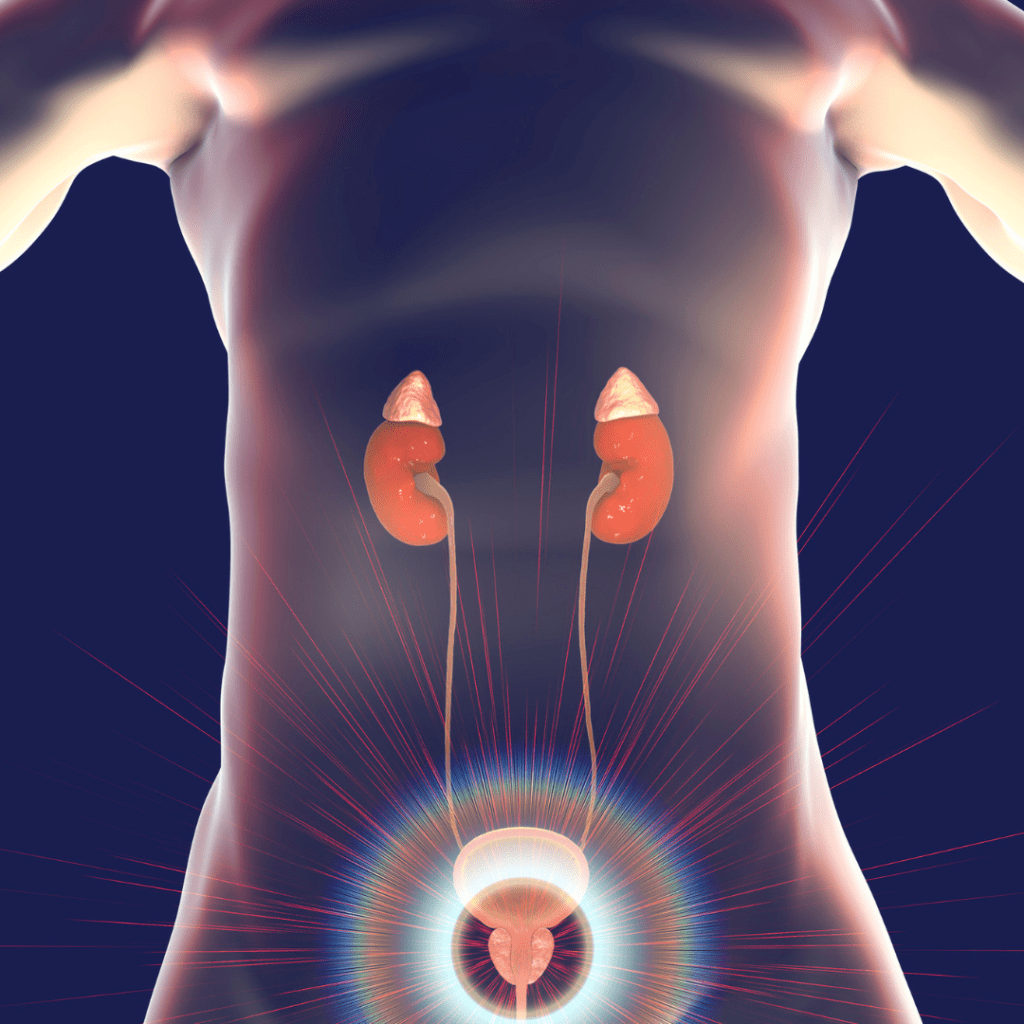
Common Signs & Symptoms of BPH
• Frequent or urgent need to urinate
• Increased frequency of urination at night
• Difficulty starting urination
• Weak urine stream or a stream that stops and starts
• Dribbling at the end of urination
• Inability to completely empty the bladder
Less common signs & symptoms
• Urinary tract infection
• Inability to urinate
• Blood in the urine
Modern treatments for BPH include medications that relax the bladder or shrink the prostate, and surgery. Sometimes these treatments can be invasive and ineffective.
Thankfully there is a potential natural solution found within the roots of the Stinging Nettle plant!
Stinging nettle (Urtica dioica) is a perennial plant native to Asia and Europe, but now grows worldwide. The name comes from the Latin word uro, which means to burn because its leaves can cause a temporary burning sensation upon contact. The leaves have hair-like structures that sting and also produce itching, redness and swelling. Despite its downside as a stinging plant, nettle has long been used as a medicine by both men and women.
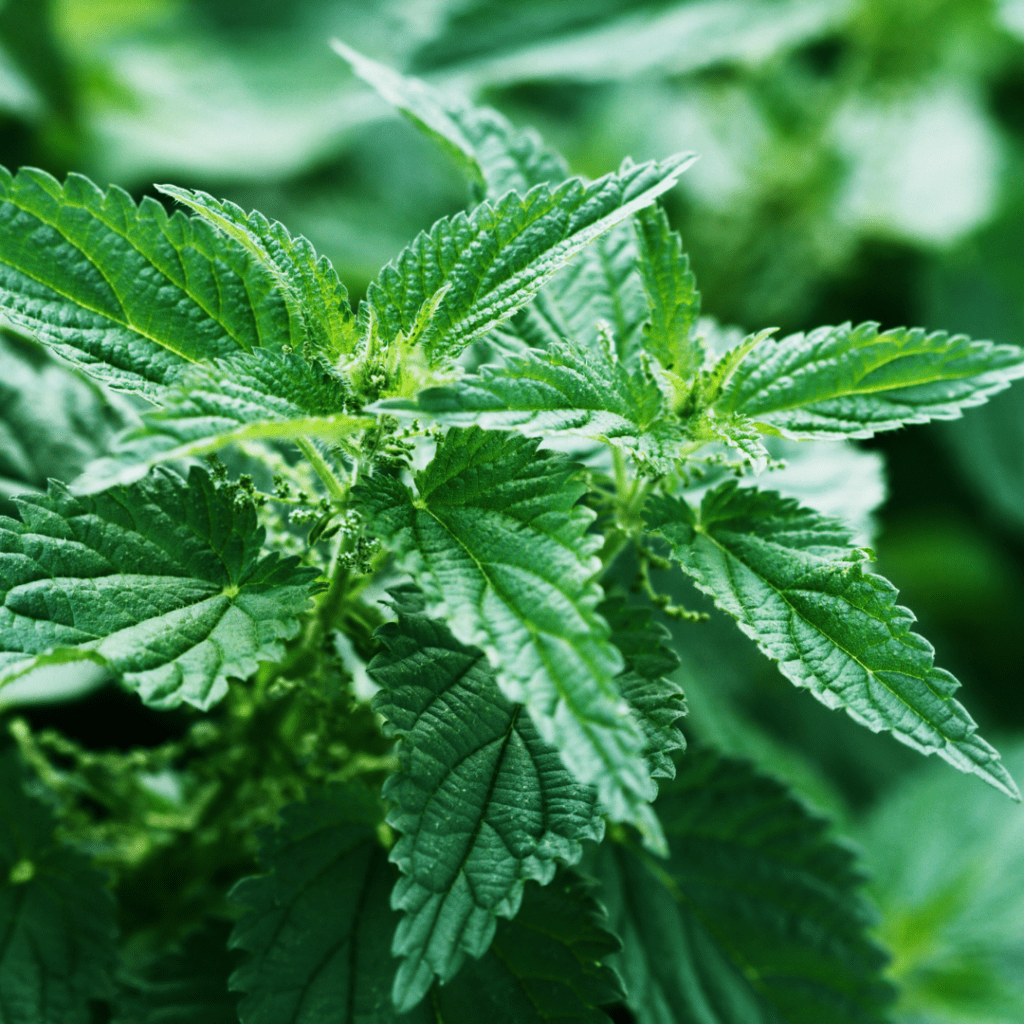
Benefits of Stinging Nettle
• Packed full of nutrients
• May reduce inflammation
• May lower blood pressure
• May treat enlarged prostate symptoms
• May aid blood sugar control
• Natural antihistamine and can improve allergies
• Adapagenic properties
When it comes to prostate health, many clinical trials have been conducted which show amazing evidence for stinging nettles effectiveness for prostate disorders.
In Germany, studies involving a total of 15,000 men with benign prostatic hyperplasia showed nettle root extract produced significant improvements in prostate size, frequency of urination, nocturnal micturition and post-void residual urine. It is the traditional use of nettle root extract in Germany to treat prostate problems which has led to numerous clinical trials being conducted.
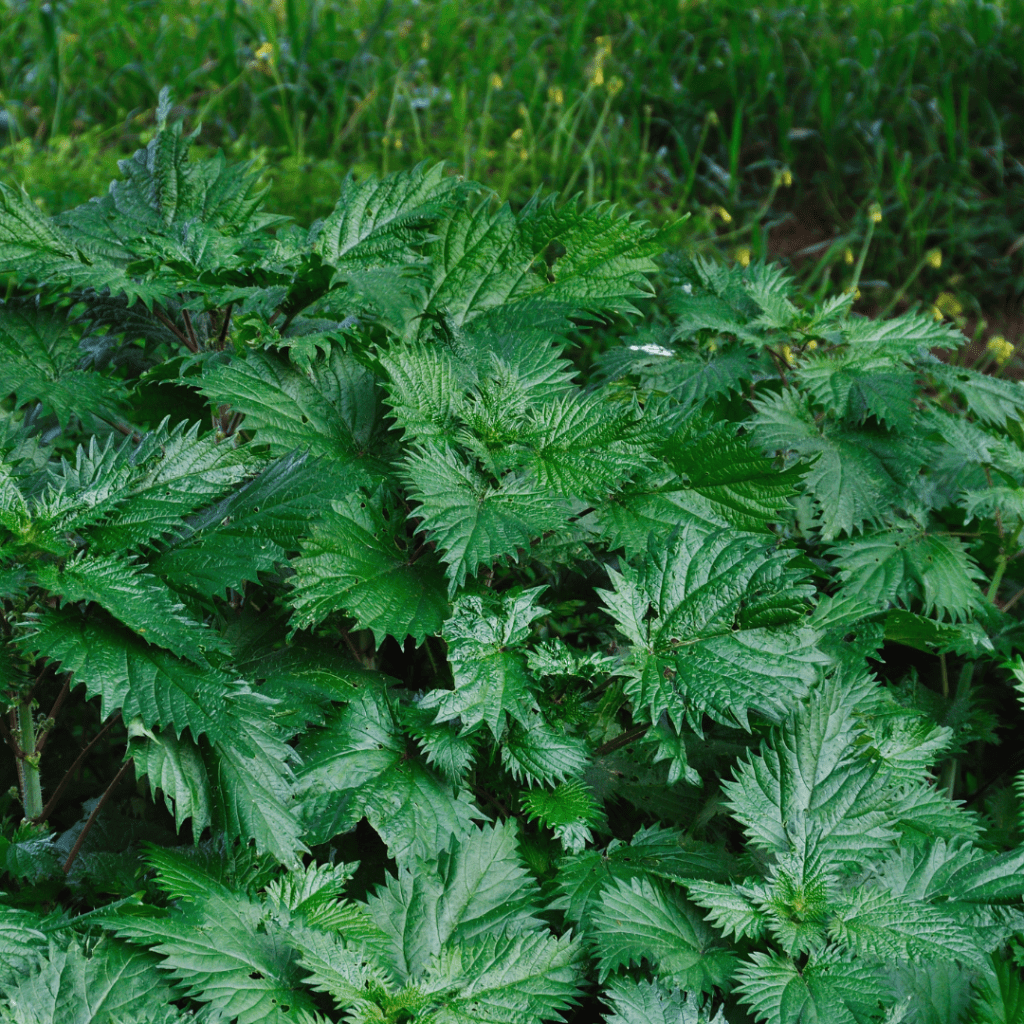
Stinging nettle is an adaptogenic herb because of its unique ability to adapt its function according to the body’s specific needs. Stinging nettle root works to optimize and stabilize the endocrine system, binding to excess testosterone and other androgens and to estrogen hormones in the body, and removing or distributing them when and where they are needed. Nettle roots contain sitosterol, sitosterol-beta-D-glucoside, other sterol derivatives, tannins, phenolics, ligands including isolaric, iresinol and neoolivil, and other compounds. These all markedly inhibit the enzyme 5-alpha reductase. Impeding this enzyme means there is less creation of DHT, a strong testosterone breakdown product that can over-stimulate prostate cells and contribute to benign prostate enlargement.
Another prostate condition that is said to affect approximately one-quarter of all American men, according to the Prostate Cancer Foundation (PCF), is prostatitis. Prostatitis involves having aninflamed or infected prostate and, like BPH, its is not a cancer of the prostate, but the PCF does indicate that there in question as to whether continued inflammation of the prostate may lead to the eventual development of prostate cancer.
In other words, until more studies are conducted in this area, the link remains unclear. The studies however that have been conducted on prostatitis, found that stinging nettle does help.
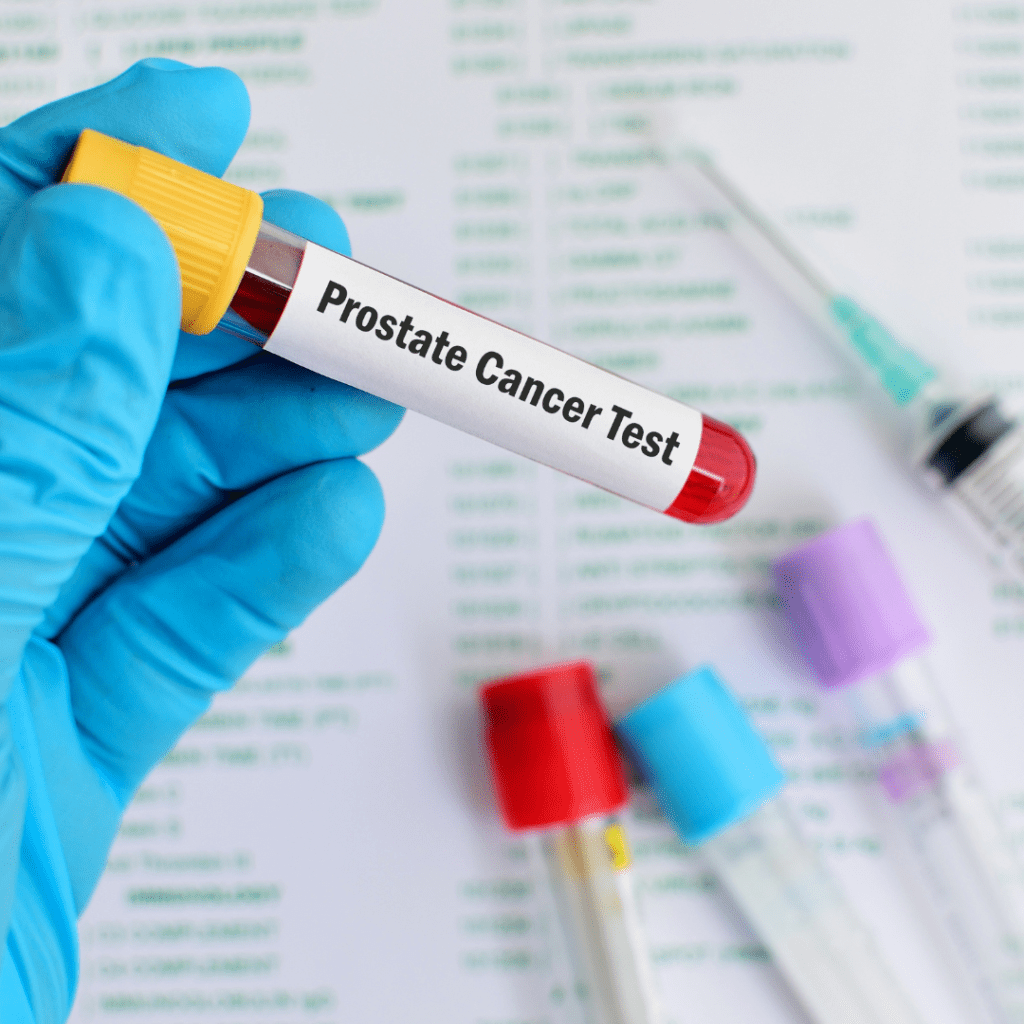
Prostate Cancer
Certain studies suggest that stinging nettle root is comparable to finasteride (a medication commonly prescribed for BPH) in slowing the growth of certain prostate cells. However, unlike finasteride, the herb does not decrease prostate size. Scientists aren’t completely sure why nettle root reduces symptoms. A study led by Professor Peter J. Sadler from Warwick’s Department of Chemistry, researchers have developed a new line of attack against cancer: an organic-osmium compound, which is triggered using a non-toxic dose of sodium formate, a natural product found in many organisms, including nettles and ants.
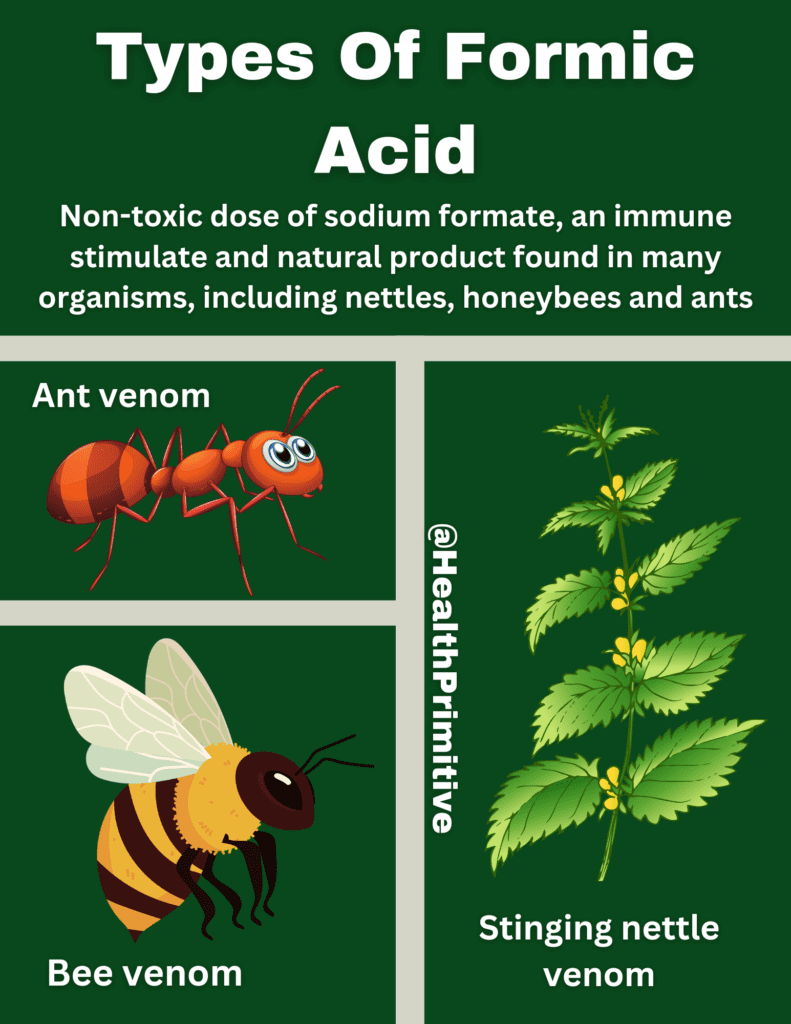
Named JPC11, it targets a metabolic process which cancer cells rely on to survive and multiply. It does this by converting a key substance used by cancer cells to provide the energy they need for rapid division (pyruvate) into an unnatural lactate, leading to the cells destruction. Uniquely, this chemo-catalyst treatment can be recycled and reused within a cancer cell to attack it repeatedly.
This unprecedented functional ability to recycle and reuse the compound within cancer cells could lead to future anticancer drugs being administered in smaller, more effective, and potentially less toxic doses, decreasing the side-effects of chemotherapy. The researchers have been focusing on the potential to use this compound on ovarian and prostate cancers with promising results.
Because of nettle’s power to help prevent and control these common prostate issues, most herbalists recommend all men over the age of 35 to take a daily supplement of stinging nettle root.
Stinging nettle root can be purchased in supplement or tincture form made by many different companies worldwide. It can also be easily made at home!
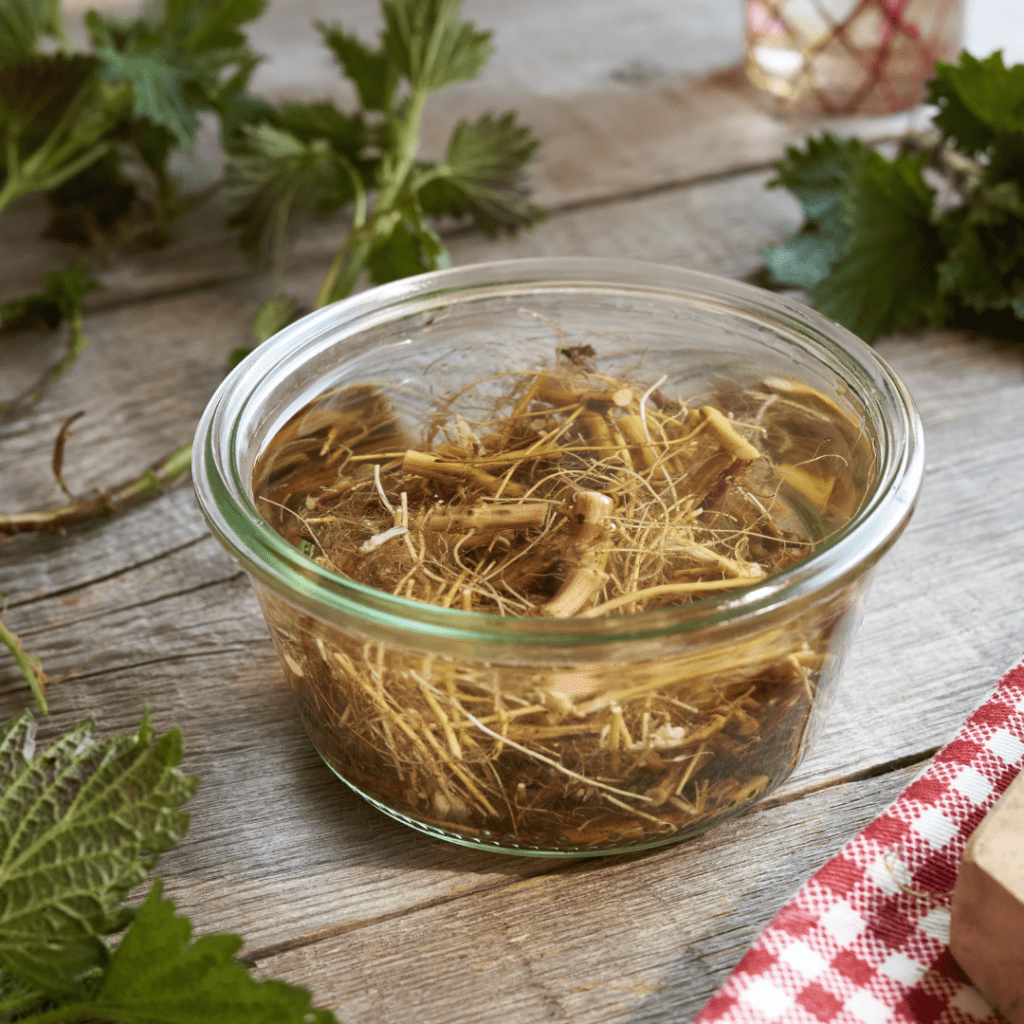
Men’s Nettle Remedy
In order to make this remedy, we need stinging nettle roots, which many don’t know are actually rhizomes. While rhizomes and roots are both found underground, rhizomes are actually stems that grow horizontally. Rhizomes send out stems and roots from their nodes. This is the main reason when you find stinging nettle, it’s usually growing in a large patch.The best time to harvest roots is in the fall. Some herbalist harvest roots in spring as well, but it can be harder to tell where the energy of the plant is. In the fall we can judge by the dying leaves, while the energy is pulling back to the root to sustain itself through Winter.
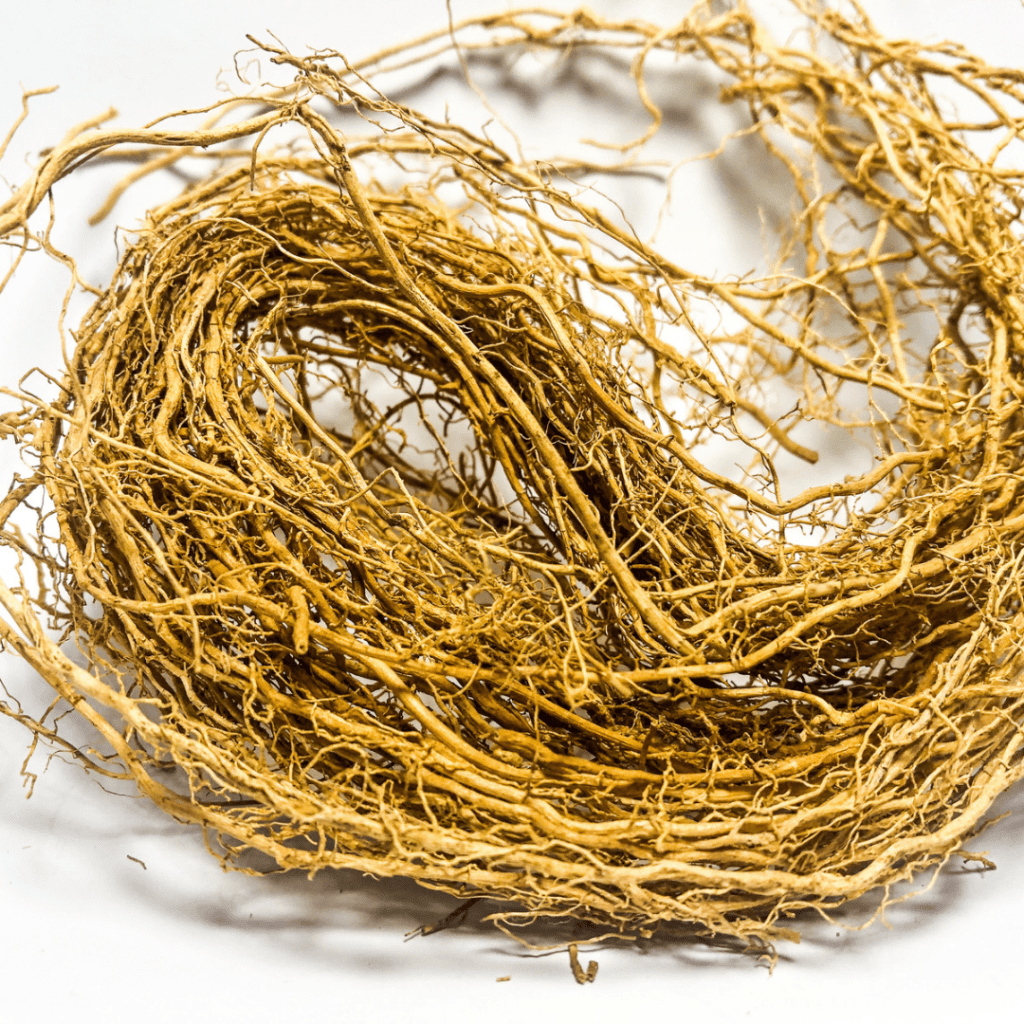
Rhizomes can be harvested and used fresh or dried. If you are preserving for later, you can dry them using a screen or dehydrator.
Our second ingredient is Pumpkin Seeds. Firstly, pumpkin seeds contain protective compounds called phytosterols, which have been found to help reduce an enlarged prostate. Secondly, their rich zinc which promotes healthy prostate function, as well as overall health.
• 2 part stinging nettle roots
• 1 part nettle seeds and dried leaves
• 1 part organic pumpkin seeds
• 80 proof vodka, or solvent of choice
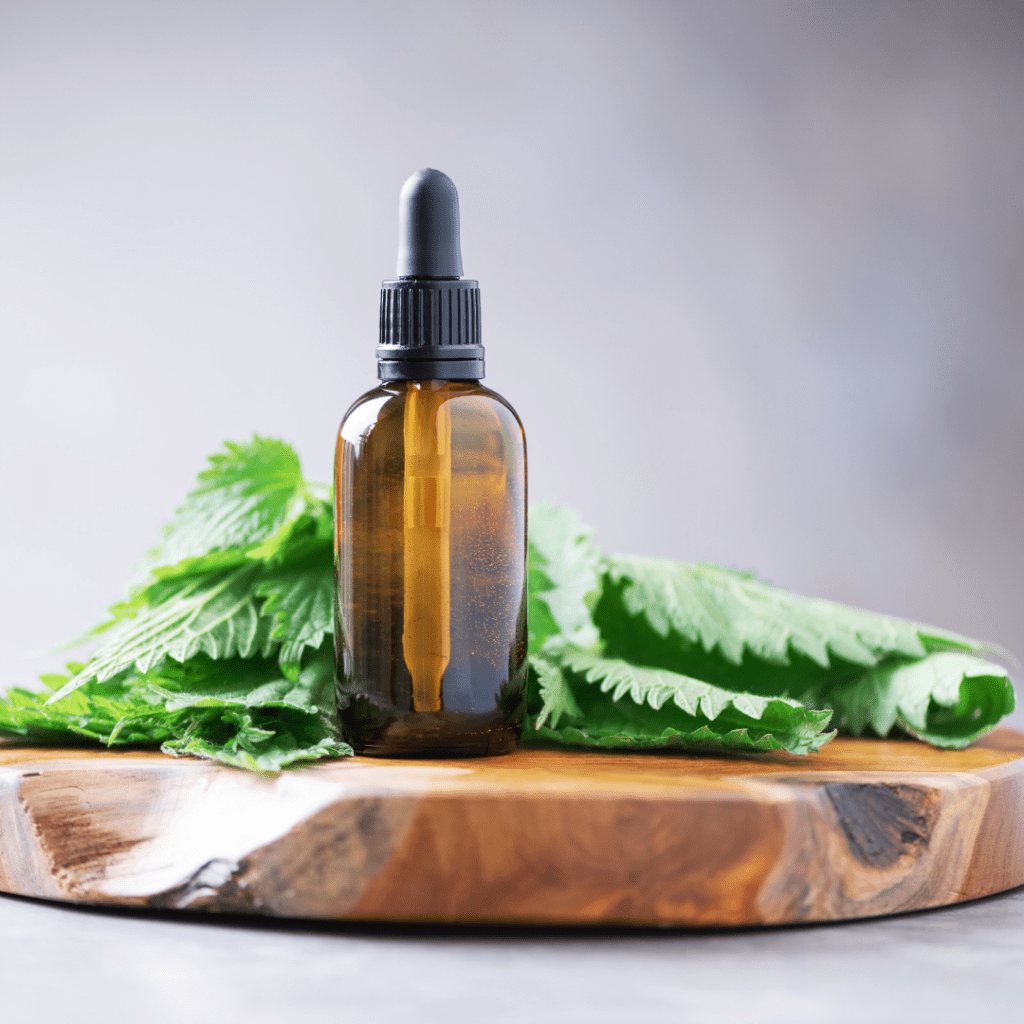
What were making is a basic tincture. This consist of combining these herbs in a solvent (usually vodka) and allowing to infuse for 4-6 weeks. After straining the liquid, what you are left with is your remedy. For complete instructions on making a tincture and the proper dosages, follow our step-by-step guide. This extract is taken by the dropper full, adding to your coffee, juice or beverage of choice.
HealthPrimitive makes a nettle root extract for prostate health, Men’s Nettle + using this very recipe. For those that are not interested in making their own remedy but still would like to receive its benefits, you can purchase our elixir here.
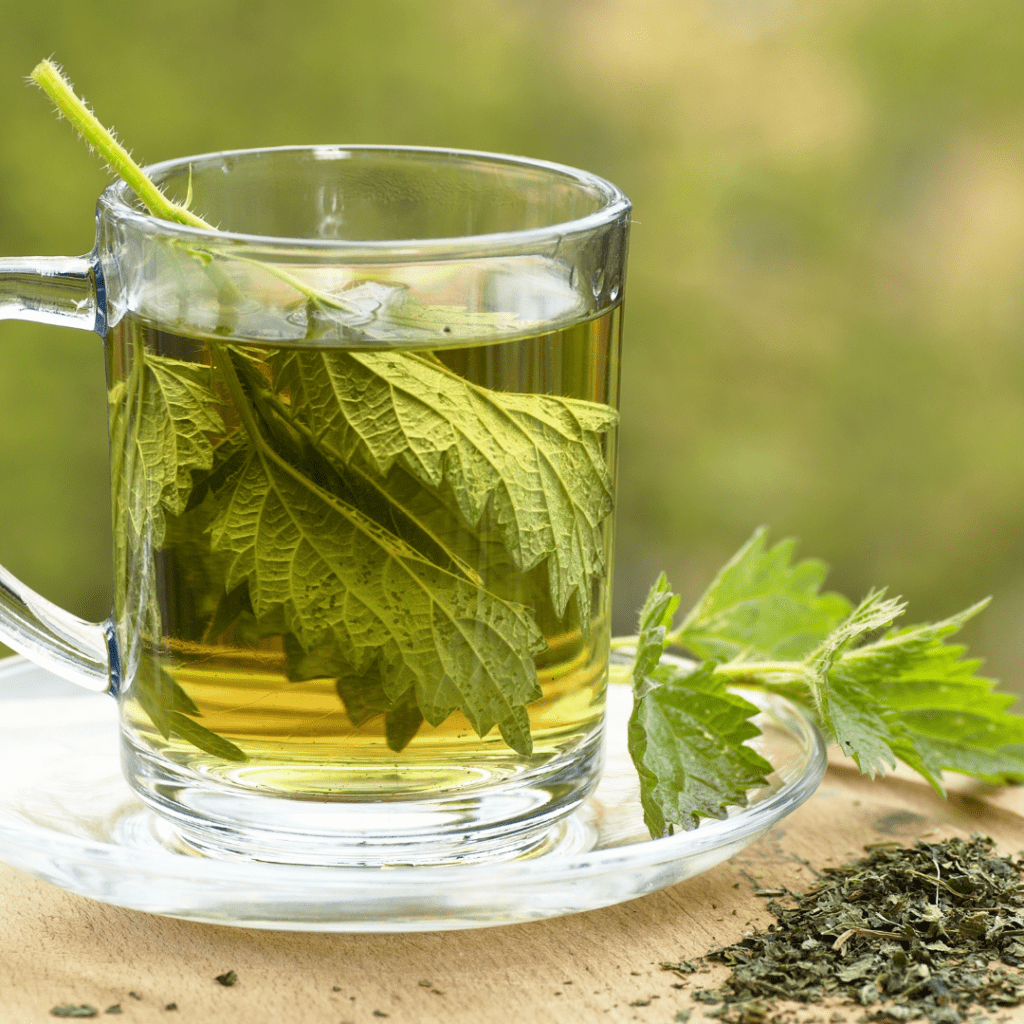
Safety Considerations
Pregnant women should avoid consuming stinging nettle because it may trigger uterine contractions, which can raise the risk of a miscarriage. Speak to your doctor before consuming stinging nettle if you’re taking one of the following:
- Blood thinners
- Blood pressure medication
- Diuretics (water pills)
- Diabetes medication
- Lithium
Stinging nettle could interact with these medications. For instance, the plant’s potential diuretic effect may strengthen the impact of diuretics, which can raise your risk of dehydration.
If you take medication, or are pregnant or nursing, speak with your doctor first before starting any herbal therapies. View our disclaimer here.
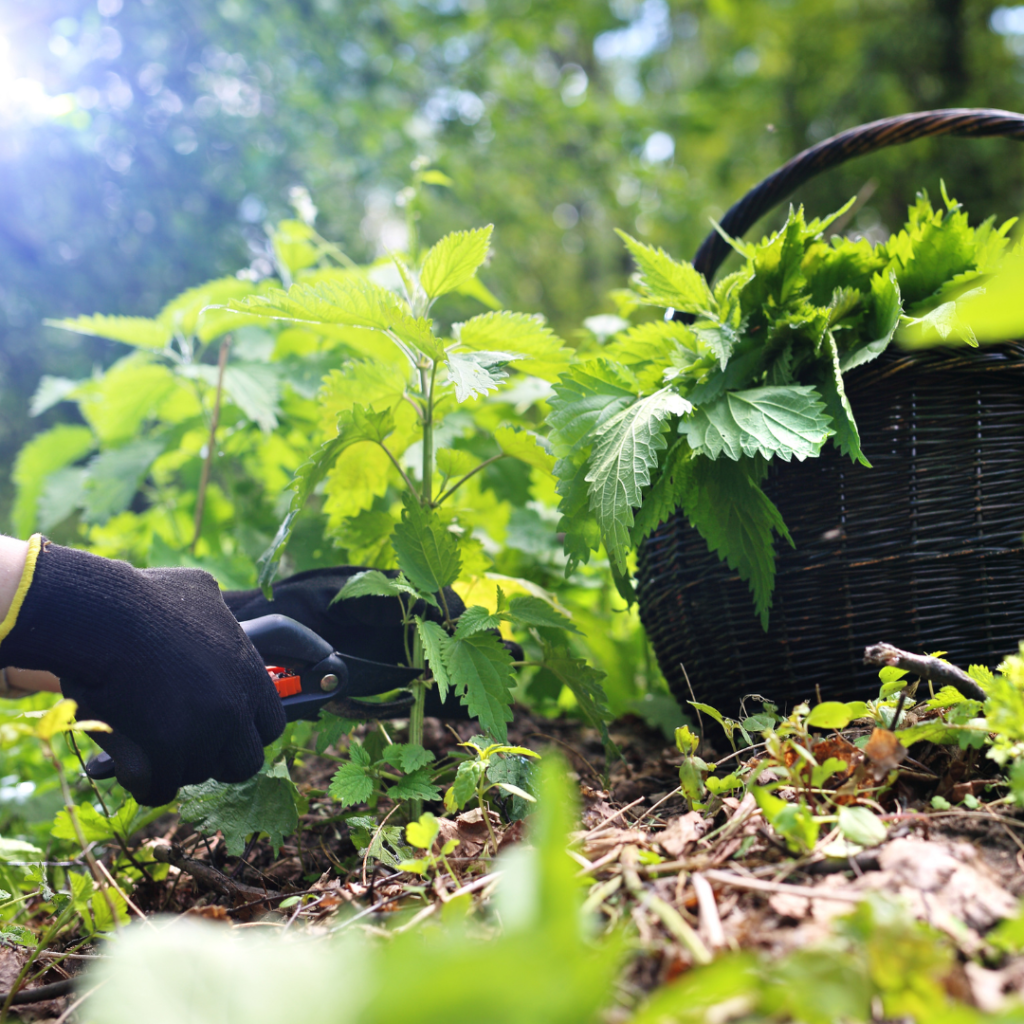
Final thought
The proven scientific benefits of stinging nettle root versus prostate disorders are overwhelming. Why wait until issues arise to take your health in your own hands. This natural solution is safe, effective and beneficial for your body in more ways than one.
Stay Wild
Sources
https://www.mountsinai.org/health-library/herb/stinging-nettle#:~:text=Benign%20Prostatic%20Hyperplasia%20(BPH)&text=Studies%20in%20people%20suggest%20that,the%20constant%20urge%20to%20urinate.
https://www.ncbi.nlm.nih.gov/pmc/articles/PMC3589769/
https://doctorherdmanclinic.com/resources/articles/mens-health/prostate-enlargement-stinging-nettle-
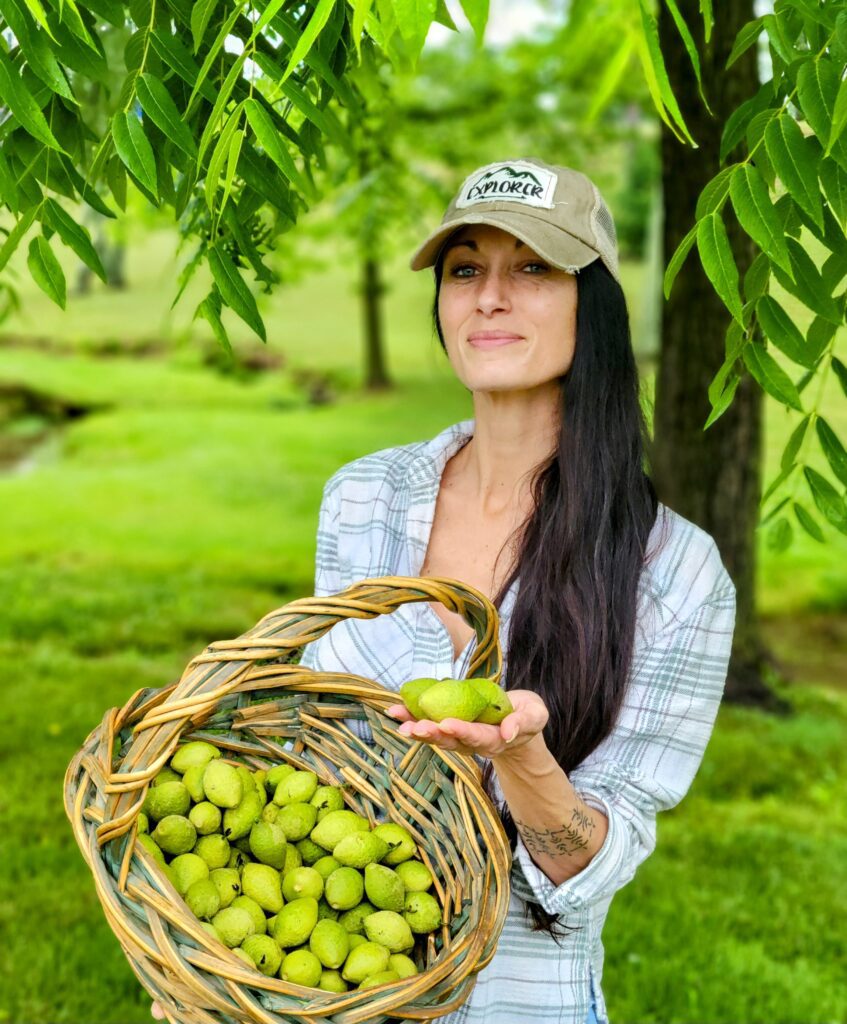
Kayce Heister
Kayce is a Clinical Herbalist, Naturopathic Practitioner (HHP), Active Forager, Wild Food Chef and Mother of three. She has spent the last 20 years practicing herbalism and natural health, and spends most of her time educating others on the amazing potential the natural world can offer.